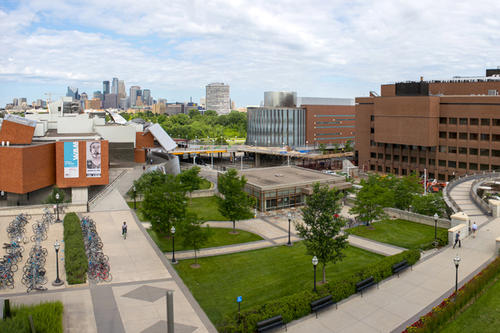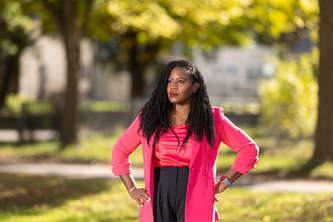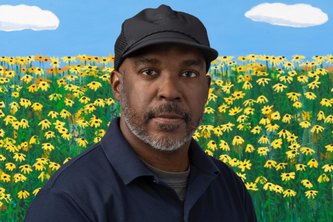
Survey of Presidential Partners in Higher Education Highlights Rewards and Challenges of the Role
A satisfying, but ambiguous, role
University of Minnesota researchers released results of a 2016 survey of 461 spouses and partners of presidents and chancellors of public and private colleges and universities.
Key findings include:
- Eighty-four percent reported they were satisfied in the role, many finding it rewarding to interact with students and other interesting people. Partners who were involved or very involved with their presidents’ institutions reported greater satisfaction, despite greater frustration with aspects of the role.
- The role is highly ambiguous. Seventy-four percent had informal responsibilities in an unpaid role. Nine percent had unpaid roles with position descriptions. Less than 8 percent reported their presidents’ institutions had specific policies concerning the role. One in four reported that their responsibilities were clarified in advance. Partners with greater role clarity were more satisfied overall.
- Reported challenges of being a partner included worry about the president’s job stress, unrelenting schedules with unpredictable demands, and lack of privacy.
- Official residences were valued, and those living in them were more involved in the role.
- Gender accounted for the most numerous and significant differences among partners, with males tending to be less involved in the role. Sixty-six percent agreed, 25 percent were neutral, and 9 percent disagreed with the statement that institutional and societal expectations are different for men than for women in the role.
- A quarter of partners reported that on at least one occasion, an institution's expectations of them in the partner role factored significantly in their partner's decision to accept, decline, or step down from a presidency.
- A practical implication of findings is that institutions and partners could benefit from candid and ongoing communication about mutual expectations in relation to the role.
The complete survey can be read online here: http://hdl.handle.net/11299/183467
The study was conducted by University of Minnesota researchers: Principal investigator Darwin Hendel, Associate Professor in the Department of Organizational Leadership, Policy, and Development; Karen Kaler, University Associate and spouse of President Eric Kaler; and Gwendolyn Freed, Chief Development Officer, Hubert H. Humphrey School of Public Affairs.
- Categories:
- Campus Affairs





